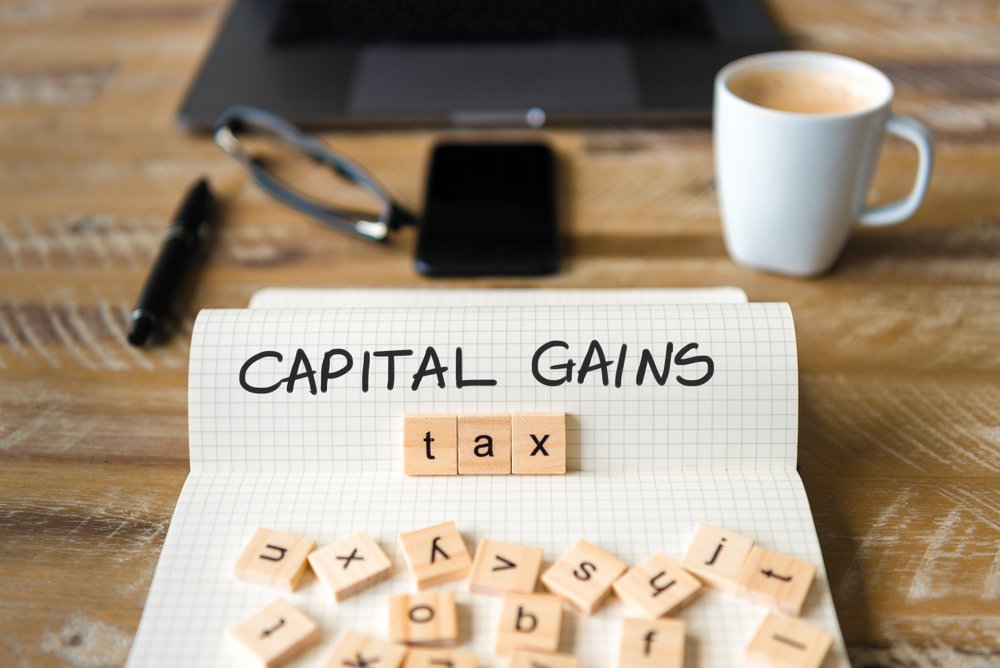
Should you boost your pension by paying voluntary National Insurance contributions?
|
|
We’re often asked whether it’s worthwhile paying voluntary National Insurance contributions to boost a state pension. Here’s our answer!
What you need to know first…
- A full state pension is only payable if a person has at least 35 qualifying years.
- Paying National Insurance contributions allows individuals to earn qualifying years, which provides them with entitlement to the state pension and certain contributory benefits. Entitlement may also be provided by National Insurance credits.
State pension entitlement
- A person reaching state pension age on or after 6 April 2016 needs 35 qualifying years to benefit from the full state pension.
- A person who has less than 35 qualifying years (but at least ten) on reaching state pension age will receive a reduced state pension.
Check your National Insurance record
It’s important to check your National Insurance record to see if you’ll qualify for the full state pension. You can do this online here: www.gov.uk/check-state-pension. Gaps can be filled in by paying voluntary contributions.
Class 3 voluntary contributions
Class 3 National Insurance contributions are voluntary contributions for employees which can be paid to buy additional qualifying years to boost your state pension. Each additional qualifying year increases the state pension by a thirty-fifth.
For example, at 2023/24 rates, each additional qualifying year increased the state pension by £5.82 a week (£302.86 a year), with Class 3 contributions payable at the rate of £17.45 a week. The rate remains at this level for 2024/25.
📢 You’re paying £17.25 a week to get an extra £5.82 per week for EVERY year. So it’s worthwhile if you’re planning on living at least 3 years after you retire 😉
Class 3 voluntary contributions must be paid within six years of the end of the tax year to which they relate e.g. by 5 April 2031 for 2024/25 contributions. However, it is payable at the rate in force when the contribution is made, rather than the going rate at the time of the missing year (unless the contribution relates to the either of the previous two tax years). So, if you’re going to catch up on missing years, the earlier the better!
📢 IMPORTANT: Individuals reaching state pension age on or after 6 April 2016 who have missing years for ten years prior (from April 2006 to March 2016) can benefit from an extended window in which to pay contributions for those years. Contributions must be paid by 5 April 2025 and can be paid at the 2022/23 rate of £15.85 per week.
Making voluntary contributions is only worthwhile if, after making the contributions, you have at least ten qualifying years.
Alternatively, if you have some missing years now but you’ll have 35 qualifying years by the time you reach state pension age, there is no point in making voluntary contributions!
Paying Class 2 contributions voluntarily
A self-employed business owner whose earnings are below the small profits threshold does not benefit from the National Insurance credit available. However, they do have the option to pay Class 2 contributions voluntarily. Where this option is available, it’s much cheaper than paying Class 3 contributions – at £3.45 per week for 2024/25. There are some advantages to being self-employed!
📢 If you’re a director, it’s likely you are an employee; therefore, you fall under Class 3, not Class 2, for voluntarily NI contributions.
Like Class 3, voluntary Class 2 contributions must be paid within six years from the end of the tax year to which they relate. The contribution is paid at the highest rate in force in the period from the year to which it relates to the year in which it was paid.
An extended deadline of 5 April 2025 applies by which to make contributions for any missing years between April 2006 and March 2016 inclusive.
Get regular access to valuable information like this from an approachable accountant…
…join The Financial Resilience Hub for Q&A sessions, weekly finance and general business tips, in-person and online workshops and access to a growing resource of bite-sized online courses available 24/7. Uncover the full membership benefits.
📢❕The information in this blog post was correct at the time of writing. Please check with your accountant for the latest information or, if you don’t have an accountant, join the Financial Resilience Hub to get access to one ours! Alternatively, keep an eye on HMRC’s website for updates.
ABOUT THE AUTHOR

Helen Monaghan is a Chartered Management Accountant, accredited NLP Practitioner & Finance Coach. Both a psychology graduate and an accountancy graduate, she has authored three business books, which beautifully bring together psychology, finance, and tax to empower the reader about money. Helen is the CEO of HM Finance Coaching & Advisory Ltd, a company that provides financial education and business mindset coaching to small businesses across the UK, in addition to accountancy services for limited companies in Scotland and across the UK. Helen is also the founder of The Financial Resilience Hub – find out how we can support you, and your business, to be financially resilient through our monthly membership.
© Helen Monaghan







Responses